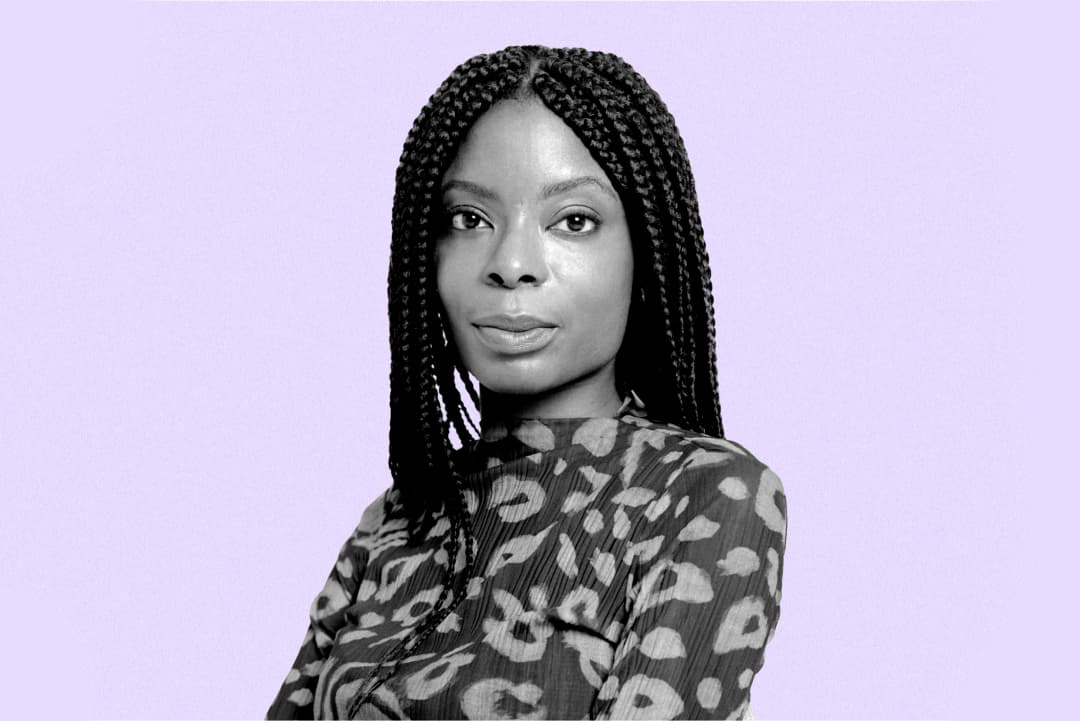
Property
Otegha Uwagba on homeownership
By Otegha Uwagba
Money truths
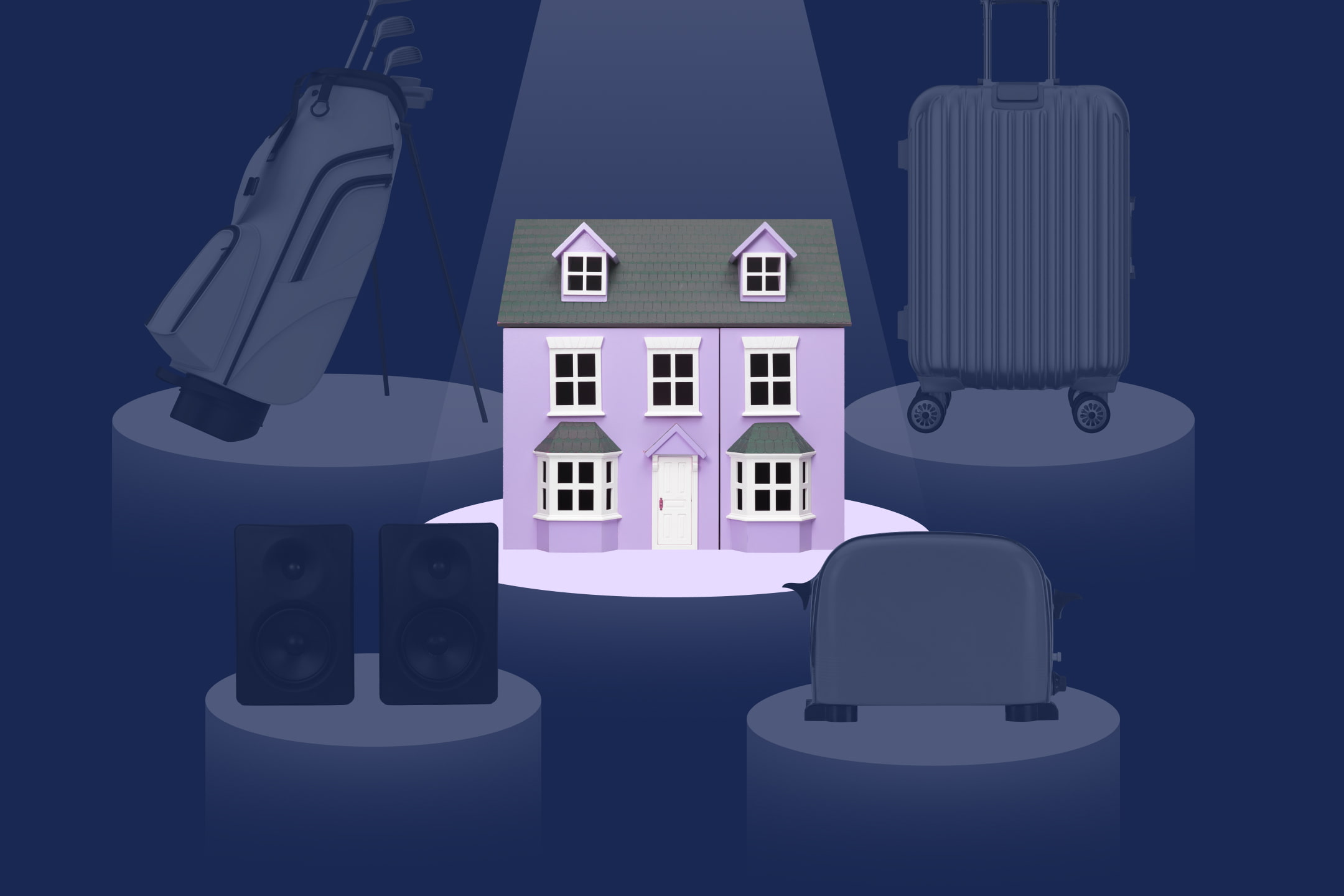
The internet is awash with financial advice that only makes sense if you have spare cash. Invest in a new kitchen, overpay on your mortgage by £1,000 a month, that kind of thing. And while a lot of it makes sense, it isn’t necessarily something you can easily do.
This is no exception: my greatest financial move ever, and one I highly recommend, was winning £3,450 on a quiz show.
In my twenties, I was useless with money. I earned and spent at exactly the same speed, and had never saved a penny. I had the vague notion that at some point I’d like to buy a house, but it all seemed so absurdly expensive and out of reach that it was basically abstract as a concept — it didn’t seem worth trying. I assumed that at some mysterious future point I’d just earn loads of money and it would all just work out.
Then in 2012 I saw an ad for a daytime quiz show with a possible prize of £10,000. I love game shows and pub quizzes, and it sounded fun. I gave the money very little thought — I just wanted to get involved and see how well I could do. After a few auditions I was chosen for series two, episode one of Breakaway, a show only remembered at this point by people who were on it.
The night before the filming, I panicked about getting lots of questions wrong and looking like an idiot on telly and — in a move I assure you made sense at the time — shaved my beard into a handlebar moustache. I thought it would make me seem aloof. It might have, if I hadn’t spent the whole show so physically tense and uncomfortable that it makes for a genuinely stressful viewing experience.
The rules of Breakaway are needlessly complicated, but I ‘broke away’ with an incredibly knowledgeable legend named Barry who carried me through the rest of the show as I proceeded to, moustache or not, get lots of questions wrong and look like an idiot on telly. But we won. We split £6,900 between us, despite Barry manifestly doing the heavy lifting.
So I had some money. For a childless renter who didn’t drive, £3,450 was a strange sum — too much not to do something with, but not enough to actually do anything with. I didn’t want it to just fritter away on pints and rent — Barry worked hard for that money — so I opened an ISA and put it in there. It’s a silly-looking number, so I topped it up to £3,500.
Then I got really into topping it up, particularly if I could reach a pleasingly round sum ending with as many zeroes as possible. (I still do this — I’m self-employed and use Starling’s Spaces feature to put money aside for tax, and will happily take the time to put an extra £6.71 here or there if it results in a nicer-looking number.)
I started putting a few hundred pounds in most paydays, treating the growing balance like an incredibly slow – but oddly satisfying – computer game, with the ISA limit as the ultimate goal (£5,640 in 2012/2013). I occasionally had to dip into it – if I was overexcited and put too much of my salary in – but usually I just about made it through the month.
Later I was made redundant, and knowing I had a safety net of a few months’ rent made the whole thing a lot less stressful – the redundancy money took so long to come through that by the time it did, I had a new job. So I transferred it straight into the ISA.
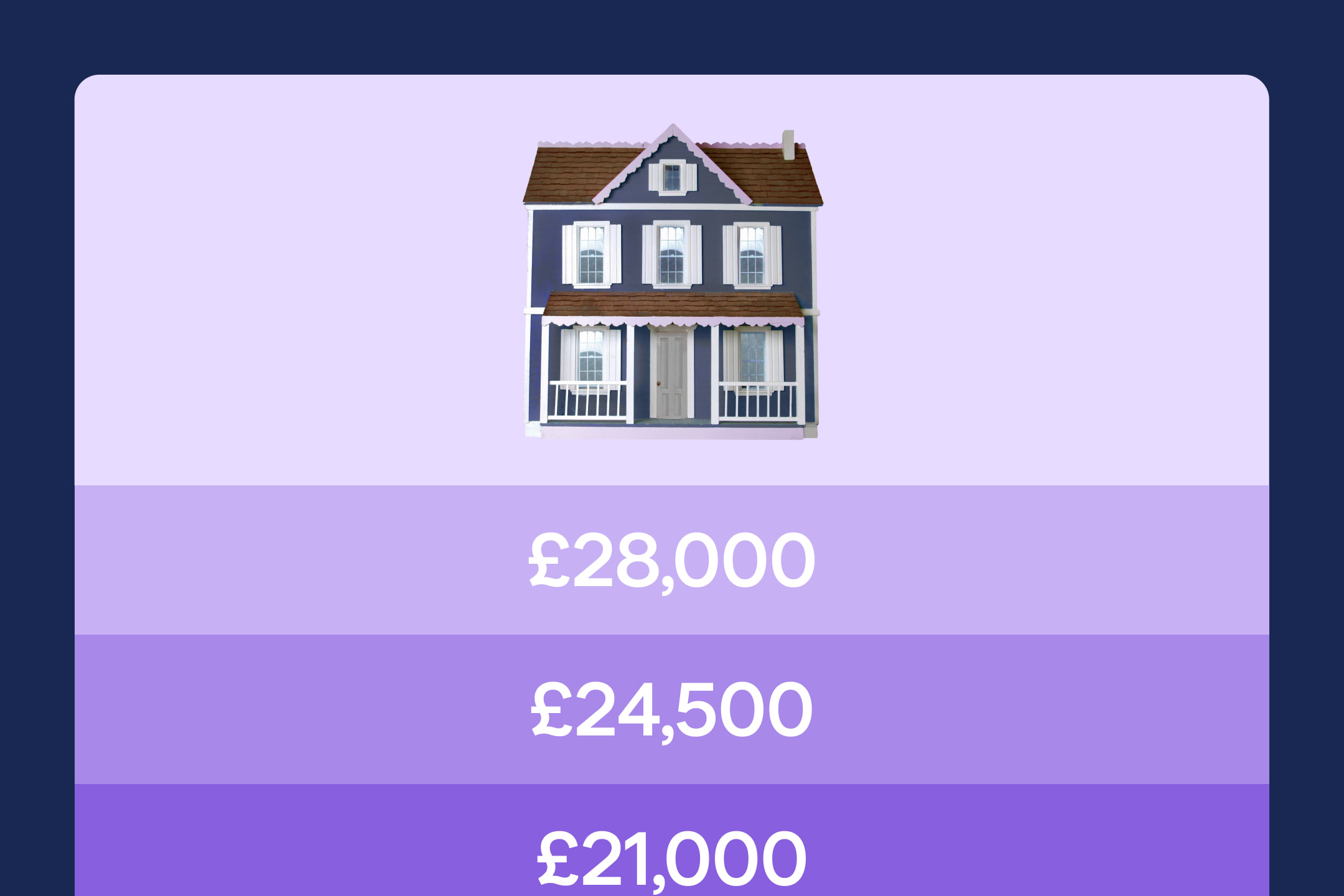
Eventually, six years after Breakaway, I bought a house. It isn’t a great house, and involves an absolutely savage mortgage – and it required the not-insignificant step of meeting a partner and pooling our resources. But we’d have got nowhere near that savage mortgage if not for that small quiz show lump sum.
I won some money, but more than that, for the first time I took an active interest in the money I had — looking at what was coming in and going out, and appreciating the safety and opportunities it could provide. Three and a half grand didn’t buy a house, a more sensible, engaged attitude to money did.
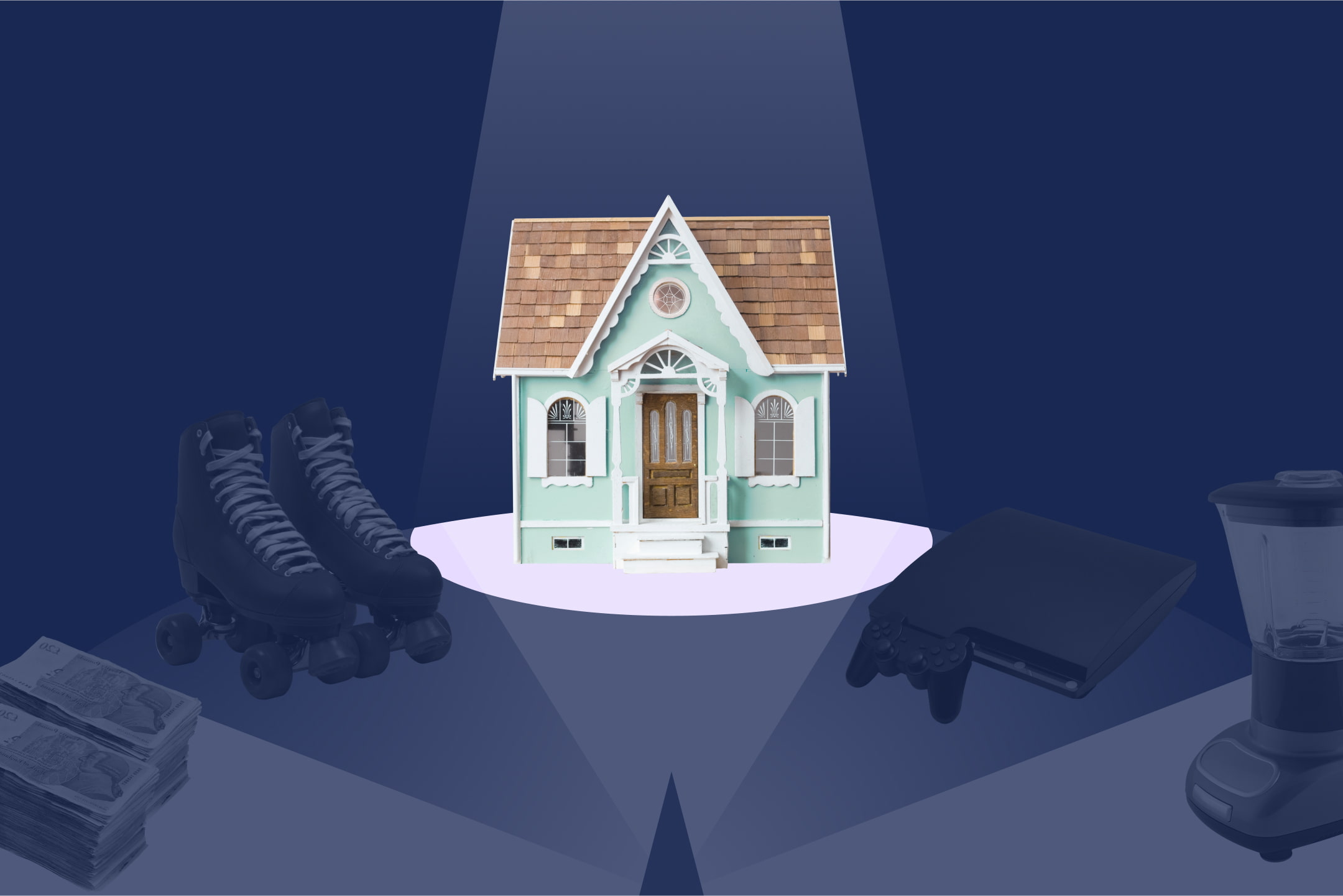
The article above includes general information and should not be taken as financial advice. If you have questions about your specific circumstances, you should speak to an independent financial advisor. Please remember that the value of investments can go down as well as up, and you could get back less than invested.
Add to your savings and fall back on them when you need to, all while earning interest.
Explore our Easy Saver
Property
By Otegha Uwagba
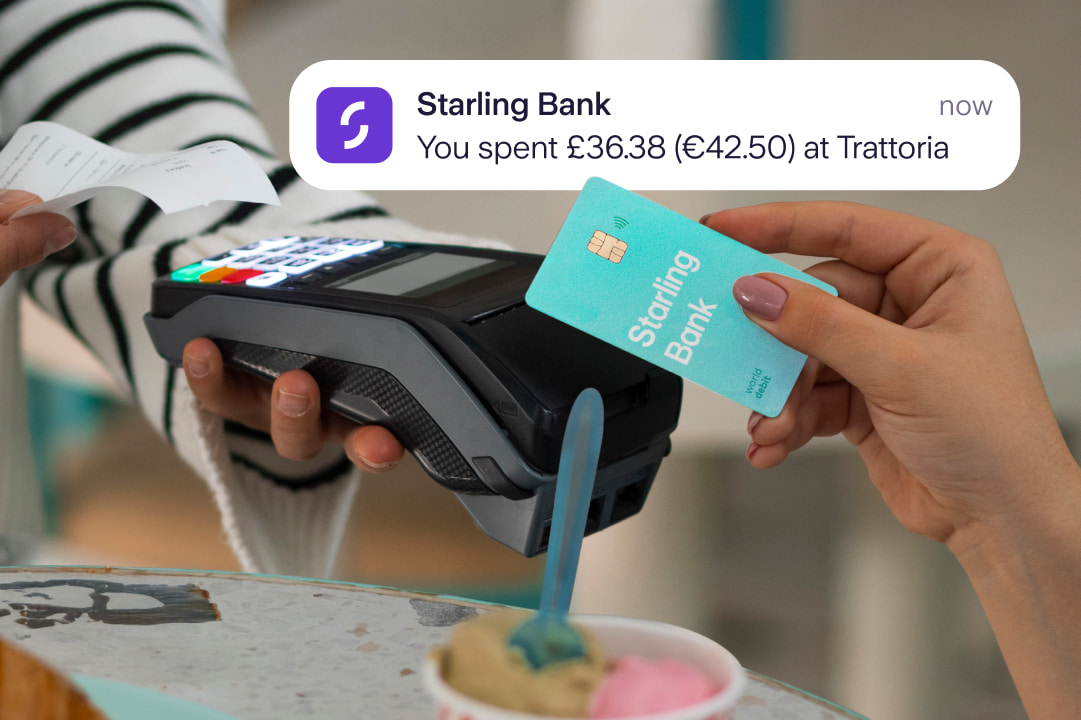
Money truths
By Justin Quirk

How Much Does It Cost?
By Hannah Summers

Group holidays
By Kat Storr